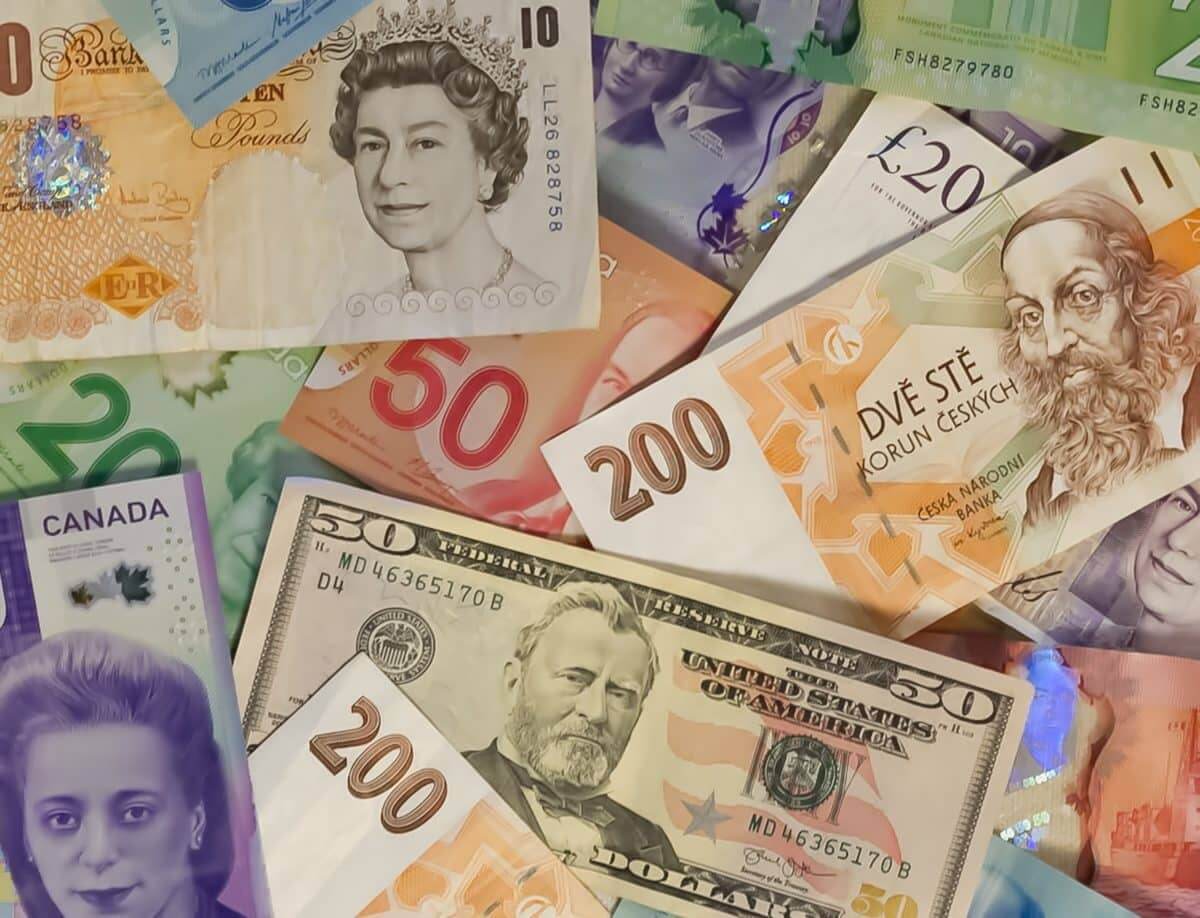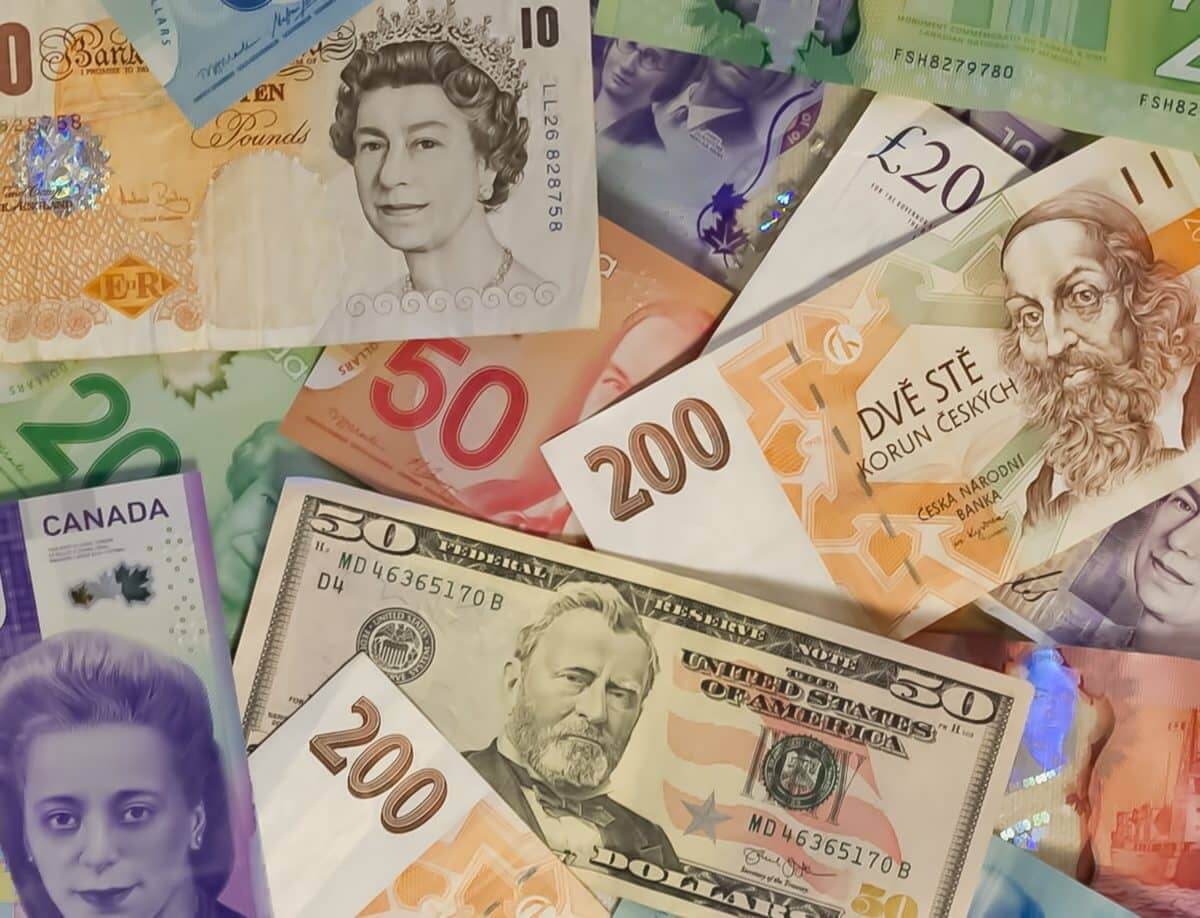The Japanese Yen and British Pound Rally. Why’s That?


The Japanese Yen and British Pound Rally. Why’s That?
The Japanese yen skyrocketed on Tuesday, trading near seven-month highs. Traders are waiting for a potential policy change from the Bank of Japan. That anticipation boosted the Japanese currency. The British Pound also jumped today. It exchanged hands close to a one-month peak against the greenback. According to new data, pay growth in the U.K. accelerated again. The Bank of England closely watches this number, as it impacts the bank’s decision about how much higher to hike interest rates.
On Tuesday, the sterling surged forward by 0.5% to $1.2261. It remained close to a one-month high hit in the previous session thanks to the data showing that employment increased by a faster-than-expected 27,000, along with the fastest wage growth rate in the last three months.
Simon Harvey, the head of FX Analysis at Monex Europe, noted that the official data showed employment conditions had fared better than analysts expected. However, the Bank of England will likely remain cautious for now.
On Monday, BoE Governor Andrew Bailey stated that a shortage of workers in the labor market still poses a major risk to forecasts that inflation will drop from its current high levels (it’s currently above 10%). Moreover, forex strategists at Monex Europe and ING noted that it’s still too early to dismiss the possibility of another 50-basis-point interest rate hike in February. The BoE plans to increase rates for the 10th consecutive time at its next meeting.
How Will the Bank of Japan Act?
Market participants are trying to forecast what changes the BOJ will make in its policy. It may decide to tweak or end its yield curve control policy, especially considering that traders have pushed 10-year bond yields above a ceiling of 0.5% set by the central bank. The amount of bond buying the BOJ needs to defend it is becoming staggering.
However, George Saravelos, the FX strategist at Deutsche Bank, noted that lifting yield curve control wouldn’t necessarily end Japan’s monetary policy adjustment. The bank might start preparing for the end of negative rates afterward. Thus far, the Japanese government has avoided that to support the struggling economy after the coronavirus pandemic damaged it.
On Tuesday, the yen firmed around 128.65. It traded lower by 0.1% versus the dollar. But the currency skyrocketed to a May peak of 127.22 per USD in the previous session. The FX market seems to be bracing for sharp moves. The BOJ will conclude its two-day meeting on Wednesday, and its decision will likely cause some volatility at first.
The U.S. dollar index exchanged hands near a seven-month low of 102.77 in the previous session. Overall, it declined by 0.1% to 102.15 today. On the other hand, the common currency steadied at $1.0842. In Asia, the Chinese yuan plummeted by 0.6% to 6.7768 per USD.
How are the EM currencies and stocks faring?
Emerging market shares tumbled on Tuesday as weak economic growth in China renewed concerns about an economic slowdown. However, South Africa’s rand firmed after plunging due to power outage worries earlier. MSCI’s index of emerging market stocks dropped by 0.5%. Hong Kong’s main index, which includes major shares such as Alibaba, Tencent, and Baidu, declined by 0.8%, as well.
On Tuesday, new data showed China’s economic growth in 2022 plummeted to one of its worst levels in almost half a century. Tommy Wu, the senior economist at Commerzbank, noted that the current wave of coronavirus infections in the country would likely weigh on its growth at the beginning of 2023. Still, the swift reopening means that the time to bottom out will probably be much shorter.
Wu thinks economic activity could return to normal in the second quarter of this year or even as early as March. He also added that the government’s policy support would help to facilitate economic recovery.
Meanwhile, emerging market currencies stopped their recent rally. An index had jumped by almost 3% thanks to 15 consecutive sessions of gains, but that streak ended on Monday. It declined by 0.4% today. South Africa’s rand shaved off 1.3% on Monday, but it steadied today. Traders were concerned about power outages, which will likely continue into 2024. That is weighing on economic growth in the country.
The post The Japanese Yen and British Pound Rally. Why’s That? appeared first on FinanceBrokerage.



